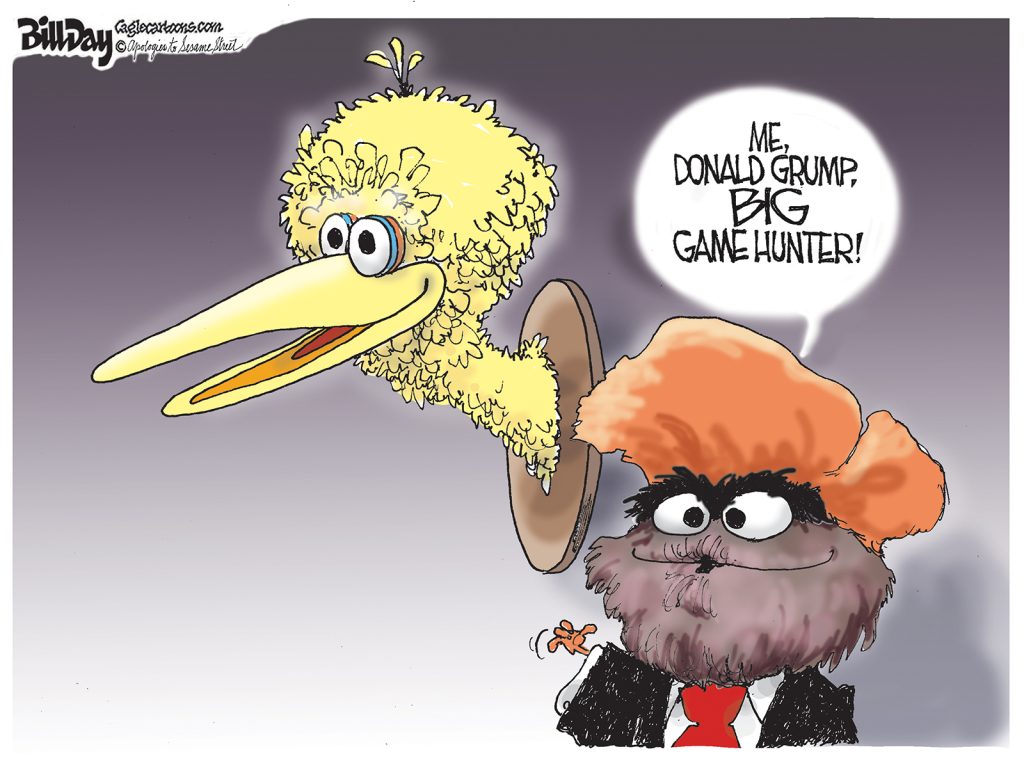This post was previously published in Memphis Business Quarterly’s Winter Issue:
Continued from the previous post…
No longer dependent on “artist development” from record companies managing the modern equivalent of the company store, musicians now have the ability to create their own success, build their own value, maintain control of their own careers, and follow their muse. In a sense, when the changes are complete, the music business will have become the musician business.
It’s a new world of customer customization and musician empowerment, and the independence that lies at the heart of it is a fundamental characteristic of Memphis music itself.
The digital wave will inevitably wash away the vestiges of the music industry as we have known it, and with Memphis’ history of entrepreneurial leaps – whether inventing American popular music or modern international commerce – there’s no reason that our city can’t get there first and become a dominant player in music again.
Guiding Principles
Knowing this, what guiding principles should we follow?
Invest in talent. It’s the mantra in the knowledge economy, and it’s especially true in Memphis, a city with a rich vein of creativity. Rather than put millions of dollars on the line for big ideas, a venture fund is needed to invest in creativity that refuses to be limited by conventional thinking or old business models.
Empower bottom-up solutions. Memphis’ history shows that top-down programs find little traction with musicians known for their independence. (Required reading: the Chips Moman file in the Memphis Room of the Central Library.)
Create musician-centric strategies. With the Music Commission swinging for the fences, musicians often feel like afterthoughts. There is the widespread suspicion that music initiatives aren’t about musicians, but an agenda thrust upon them. Successful strategies need to be defined simply – whether they put money in the pocket of local musicians.
Ubiquitous
Make Memphis music ubiquitous. Our music should be the thread that weaves together the fabric of the city. When people dial the mayor’s office in Seattle, they hear local bands, and the city website even offers information about bands, their web links, and podcasting subscriptions. That would be a start, but we’ll know we’ve succeeded when our music finally greets people at Memphis International Airport.
Make music a key part of a larger creative worker strategy. Rather than treat music as another economic development program, it should be a way to unleash the creativity that is an innate part of Memphis’ psyche and create the vibrancy that makes cities appealing to knowledge workers.
Pursue distinctiveness as a competitive advantage. There is a proven economic advantage in difference, and in recent CEOs for Cities’ research of the 50 largest cities about talent, innovation, distinctiveness, and connectivity, Memphis scores highest on distinctiveness. In the report’s “Weirdness Index,” Memphis is #19, and if Memphis wants to emulate Austin in anything, it should be its “Keep Austin Weird” campaign.
Standards
Help livefrommemphis.com become the digital standard. Long before anyone else, Memphian Christopher Reyes realized that a change is gonna come, and his musician-centered website, connects Memphis bands directly to consumers. Livefrommemphis.com is Memphis’ outpost on the digital frontier, but with the serious financial support it deserves and needs, it could become much more.
Make music strategies transparent. Programs of the Music Commission and Music Foundation have been dragged down by turf issues, questions about priorities, and lack of dependable communication and involvement with government and community organizations. Yes, it’s a lot of trouble, but ultimately, success depends on it.
Dreams
Create a nationally televised music show. It’s the long-held dream of all local music aficionados that Memphis will be home to a national television paying tribute to Memphis talent and those drawn by its mythology. A good starting point for this project is considering how Beale Street Caravan could make the shift to video.
Create a digital music resource center. Youtube, myspace, webcasts, podcasts, and blogs are just the beginning of the revolution. That’s why artists need access to a virtual infrastructure that connects them to world markets. A center where musicians learn the principles of a media economy and embrace the opportunities of the digital marketplace is just as essential to Memphis musicians as their instruments, because today, many consumers are seeking the authenticity, the connection, and a sense of community built around their favorite musicians on-line.


